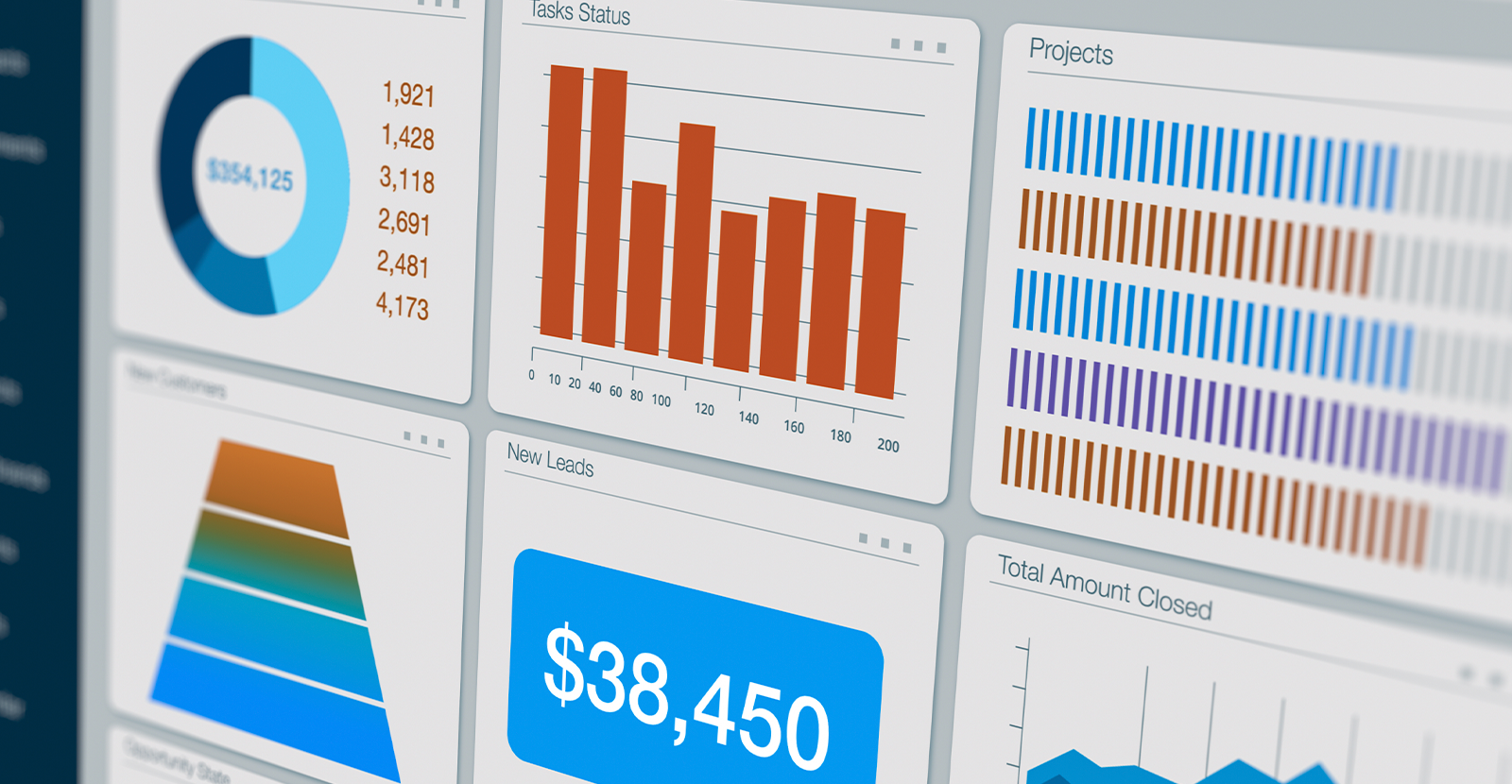 In today’s competitive business environment, keeping track of customer interactions is essential. Enter Customer Relationship Management (CRM) tools. CRM tools simplify how businesses manage client relationships, helping you stay organized, improve customer satisfaction, and increase profitability. Understanding CRM tools can significantly impact your business success, whether a small startup or an established corporation.
This blog will dive deep into CRM tools, their importance, the various types available, and how they can transform your business operations. We’ll also look into PropelIQ’s offerings, a cutting-edge CRM solution that helps companies effectively manage their client interactions. Let’s explore how these tools work and how you can use them to drive growth in your business.
In today’s competitive business environment, keeping track of customer interactions is essential. Enter Customer Relationship Management (CRM) tools. CRM tools simplify how businesses manage client relationships, helping you stay organized, improve customer satisfaction, and increase profitability. Understanding CRM tools can significantly impact your business success, whether a small startup or an established corporation.
This blog will dive deep into CRM tools, their importance, the various types available, and how they can transform your business operations. We’ll also look into PropelIQ’s offerings, a cutting-edge CRM solution that helps companies effectively manage their client interactions. Let’s explore how these tools work and how you can use them to drive growth in your business.
What Are CRM Tools?
CRM tools are software solutions designed to manage and analyze customer interactions throughout the customer lifecycle. These tools allow businesses to track communication, store essential customer data, and streamline workflows. They help companies maintain strong customer relationships by ensuring that no interactions or opportunities are missed. At their core, CRM tools provide a unified platform where sales teams, customer service representatives, and marketers can collaborate to ensure a seamless customer experience. As a business grows, so does the complexity of customer interactions. CRM software helps organize, automate, and synchronize these interactions so you’re always on top of your customers’ needs.Why Are CRM Tools Important?

- Centralized Data: Managing customer information can become a nightmare, especially as your client base grows. CRM tools store data in one central location, making it easy to access and analyze.
- Improved Customer Service: A CRM tool logs and tracks all interactions. Customer service teams can quickly access a customer’s history and provide tailored solutions, increasing customer satisfaction.
- Automated Processes: CRM tools can automate repetitive tasks such as follow-up emails, meeting reminders, and customer onboarding. Automation frees up time so teams can focus on higher-value activities like selling and customer relationship building.
- Better Collaboration: Different departments can collaborate more effectively since all data is centralized. Sales, marketing, and customer support teams can see the same customer data, ensuring a unified approach to managing customer relationships.
- Increased Sales: With lead tracking and data-driven insights, sales teams can follow up more effectively. CRM tools often come with sales pipeline features that guide sales reps through each sales process step, improving close rates.
Types of CRM Tools
Different CRM tools are available, each catering to specific business needs. Here are some of the most common categories:- Operational CRM: These are designed to streamline business processes like sales, marketing, and service automation. Tools in this category focus on automating repetitive tasks to improve efficiency.
- Analytical CRM: As the name suggests, this type focuses on data analysis. These tools collect and analyze customer data to help businesses make informed decisions. Companies can tailor their marketing strategies and improve sales forecasting by analyzing purchase patterns and customer behavior.
- Collaborative CRM: This type of CRM improves collaboration between various departments. It ensures that everyone uses the same customer data, from sales to customer service.
PropelIQ: A Robust CRM Solution
 If you’re looking for a CRM solution combining operational and analytical capabilities, PropelIQ might be the right fit. PropelIQ is a CRM tool designed for modern businesses that require agility and efficiency. By combining data analytics with a user-friendly interface, PropelIQ allows companies to track their customer interactions easily.
If you’re looking for a CRM solution combining operational and analytical capabilities, PropelIQ might be the right fit. PropelIQ is a CRM tool designed for modern businesses that require agility and efficiency. By combining data analytics with a user-friendly interface, PropelIQ allows companies to track their customer interactions easily.
Key Features of PropelIQ:
- Automated Workflows: PropelIQ helps businesses automate repetitive tasks like sending follow-up emails or generating reports. This ensures every opportunity is noticed, and your team can focus on more critical activities.
- Centralized Customer Data: With PropelIQ, all customer data is stored in one place. This means your teams can access up-to-date information on any customer interaction, providing a unified approach to managing relationships.
- Detailed Reporting: PropelIQ offers robust analytics and reporting features. These reports help you understand customer behavior, allowing you to make informed decisions that can improve your sales process.
- Sales Pipeline Management: PropelIQ allows you to track leads, manage your sales pipeline, and ensure that no leads fall through the cracks. It provides a clear visual representation of where each lead is in the sales process, helping sales teams prioritize their efforts.
- Integration: PropelIQ integrates with various other tools, including email marketing platforms, social media tools, and other sales systems. This helps businesses streamline their processes and ensure consistency across different channels.
How to Choose the Right CRM Tool
With so many CRM solutions available, choosing the right one can be challenging. Here are some key considerations to keep in mind when selecting a CRM tool for your business:- Your Business Needs: Identify the specific pain points you want to solve. Do you need better sales pipeline management, more detailed reporting, or improved customer support features? Understanding your needs will help you choose a tool that aligns with your business objectives.
- Ease of Use: A CRM tool should be intuitive and easy to use. If the software is too complex, your team may hesitate to adopt it fully. Make sure the tool you choose has a user-friendly interface.
- Scalability: Choose a CRM tool that can grow with your business. You don’t want to invest in a tool only to outgrow it in a few years.
- Integration Capabilities: Ensure the CRM tool can integrate with your existing software. The last thing you want is multiple systems that don’t talk to each other.
- Cost: Finally, consider your budget. CRM tools come in various pricing tiers, so select one that provides value for money without stretching your budget.